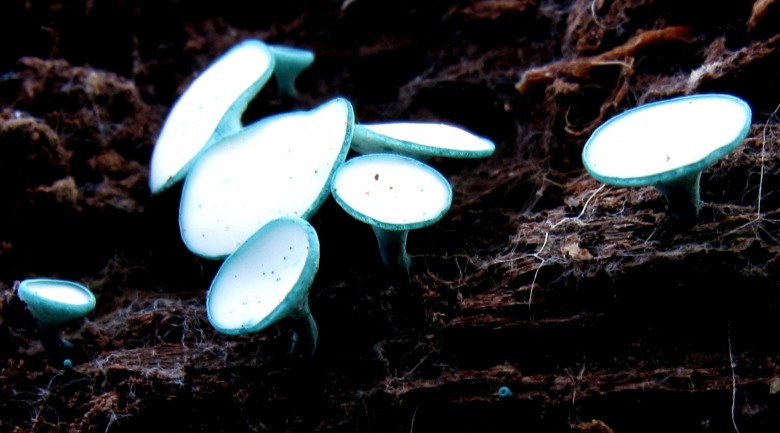
The powerful hallucinogen LSD (lysergic acid diethylamide) has potential as a treatment for alcoholism, according to a retrospective analysis of studies published in the late 1960s and early 1970s.
The study1, by neuroscientist Teri Krebs and clinical psychologist Pål-Ørjan Johansen of the Norwegian University of Science and Technology in Trondheim, is the first-ever quantitative meta-analysis of LSD–alcoholism clinical trials. The researchers sifted through thousands of records to collect data from randomized, double-blind trials that compared one dose of LSD to a placebo.
Of 536 participants in six trials, 59% of people receiving LSD reported lower levels of alcohol misuse, compared to 38% of people who received a placebo. “We were surprised that the effect was so clear and consistent,” says Krebs. She says that the problem with most studies done at that time was that there were too few participants, which limited statistical power. “But when you combine the data in a meta-analysis, we have more than 500 patients and there is definitely an effect,” she says. In general, the reported benefits lasted three to six months. Their findings are published today in the Journal of Psychopharmacology.
Psychedelics were promoted by psychiatrists in the 1950s as having a range of medical uses — to treat conditions such as schizophrenia, for example — before political pressures in the United States and elsewhere largely ended the work. “Alcoholism was considered one of the most promising clinical applications for LSD,” says Johansen. Alcoholics Anonymous co-founder Bill Wilson is said to have espoused the benefits of LSD in the book Pass It On: The Story of Bill Wilson and How the AA Message Reached the World.
In the last decade or so, however, a new generation of researchers have been interested in harnessing the therapeutic benefits of illicit drugs — such as 3,4-methylenedioxymethamphetamine (MDMA or ecstasy) for post-traumatic stress disorder, ayahuasca for drug and alcohol dependency, and psilocybin, the active ingredient in hallucinogenic mushrooms, for smoking cessation
